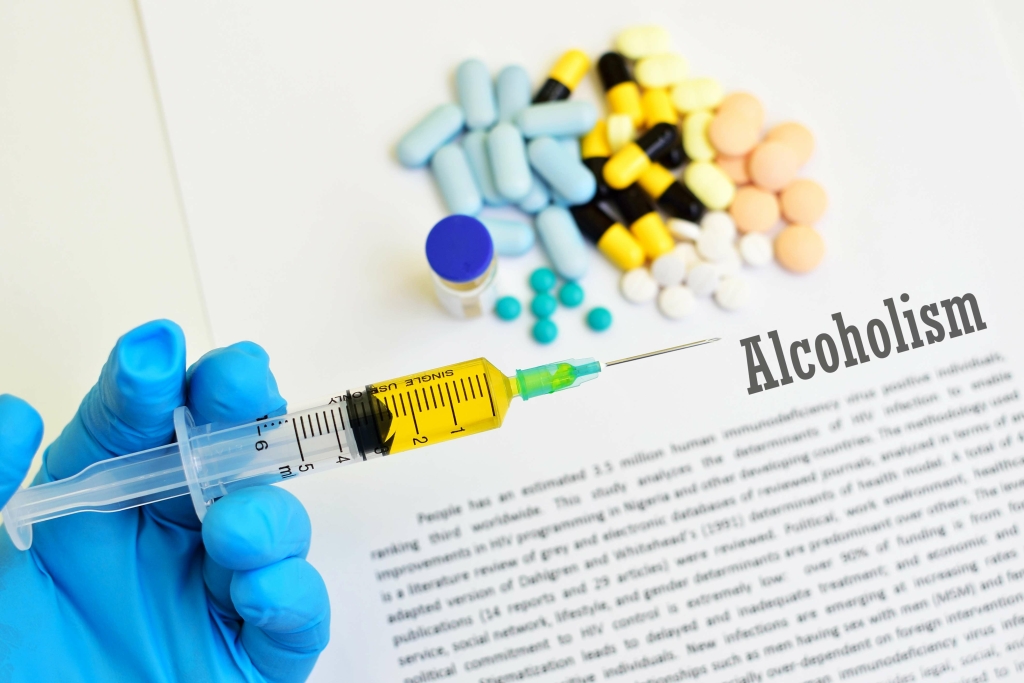Withdrawal symptoms vary due to the substance, length of use, amount used, and personal factors. More severe symptoms may occur for those using large amounts for a long time, including seizures, tremors, confusion, or delirium. Someone with an addiction may continue to use drugs or alcohol while knowing it will worsen existing physical or psychological problems. Using drugs or alcohol interferes with the ability to fulfill duties at home, work, school, and socially.
Top Benefits of Partial Hospitalization Programs for Addiction Recovery
Other professionals who diagnose addiction (e.g. social workers, physician assistants, nurse-practitioners, addiction counselors) also need better education about these distinctions. Connect with a rehab program for alcohol and drug addiction to determine which treatments can best meet your unique needs. Rajnandini is a psychologist and writer dedicated to making mental health knowledge accessible.
Understanding Addiction as a Brain Disease

The mental pressure to get the substance is what can be hard to imagine for those who have not suffered an addiction. The person suffering from addiction can experience “cravings” that sometimes make unhealthy decisions seem perfectly reasonable. Some working-group members voted in favor of a return to the use of the word ‘addiction’ because the word has become so commonplace in recent years and does not seem pejorative to them. The media has stories about ‘addiction to oil’ and women wear tee-shirts emblazoned with ‘addiction to pink’ or to shopping, etc. Of course, connotations of words change with time and culture; we acknowledge that there are no current studies that can be cited on whether the choice of labels might be pejorative. Because some scientists remain opposed to the use of the word ‘addiction’, we proposed a compromise.

Gambling Addiction Stages: From Casual Betting to Compulsive Behavior
Misunderstanding these terms can lead to inappropriate patient management. For example, individuals struggling to stop their medications due to withdrawal symptoms may be wrongly accused of addiction or misuse. Misdiagnosing physical dependence as addiction can result in unnecessary referrals to drug detox and rehab centers. According to The National Center for Drug Abuse Statistics, around 9.5 million (or 3.8% of) addicted adults struggle with both a substance abuse disorder (SUD) and mental illness.
Signs of Addiction
- While these terms are often used interchangeably, they each represent different aspects of substance use and related disorders.
- Dependence refers to the body’s adaptation to a drug, leading to withdrawal symptoms, while addiction involves compulsive drug use despite negative consequences.
- Unite Us is the nation’s leading software company bringing sectors together to improve the health and well-being of communities.
- Connect with a rehab program for alcohol and drug addiction to determine which treatments can best meet your unique needs.
- Over time, the body adapts to the presence of a drug or alcohol, leading to physical dependence.
This compulsion is often driven by changes in the brain’s reward system, which can be triggered by the substance, making it hard for the individual to stop. An estimated 50% of jail and prison inmates are clinically addicted, and up to 80% of all offenders abuse drugs or alcohol, yet the vast majority receive no addiction vs dependence treatment while incarcerated. Untreated addiction is a primary driver of criminal recidivism; studies show that approximately 95% of inmates return to substance use after release, and 60% to 80% of those with a SUD commit a new crime. The neurological basis for distinguishing dependence and addiction lies in the different brain regions they primarily affect. According to NIDA, physical dependence involves changes in the thalamus and brainstem, which regulate bodily functions.
It’s a journey that requires courage, resilience, and a strong support system. Some people inherit a genetic predisposition to be more sensitive to certain substances, and factors like age and developmental stage can make us more vulnerable. Recognizing the differences and the contributing factors allows us to address these issues with greater empathy and understanding. Let’s discuss these further and understand the interplay of biology, psychology, and social influences that can lead people to these conditions.
This may lead to withdrawal symptoms if use is reduced or stopped, such as issues with the central nervous system. This type of dependence is common with prescription opioids and alcohol and may require medical supervision during withdrawal. For example, if you’re taking opioids for pain management under medical supervision, you may become physically dependent after prolonged use. This means you’ll experience withdrawal symptoms like nausea, sweating, and tremors if you Oxford House abruptly stop or reduce your dosage. However, this physical dependence alone doesn’t necessarily mean you’re addicted.